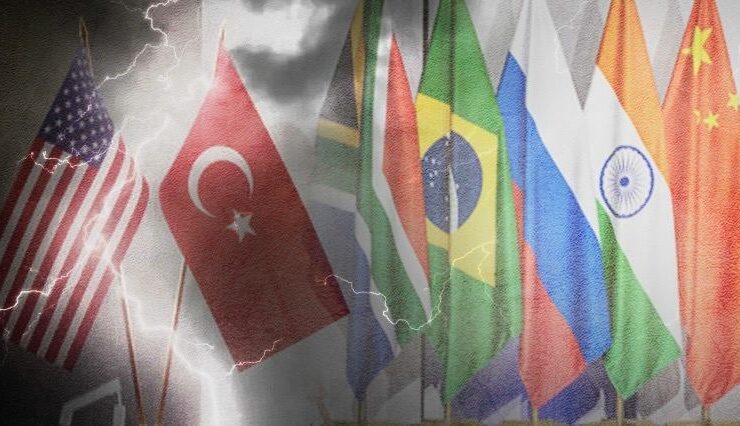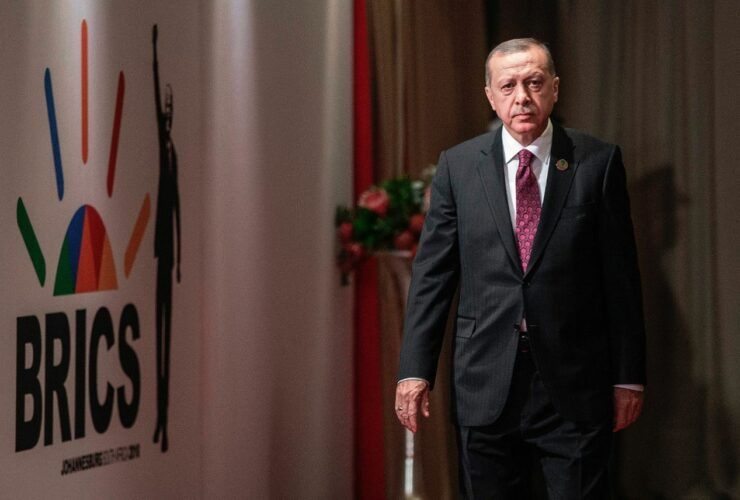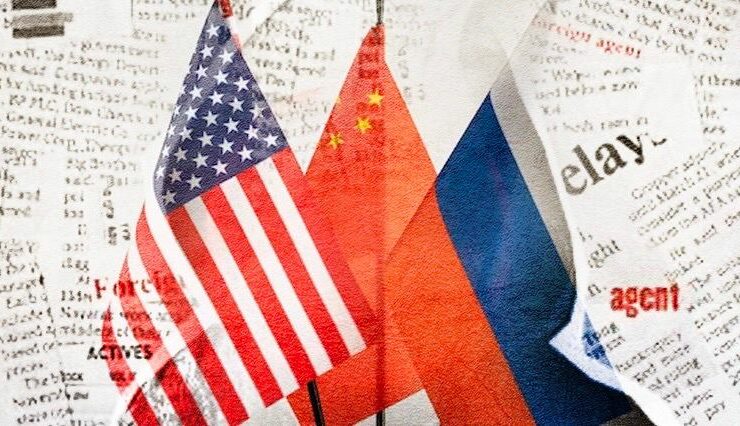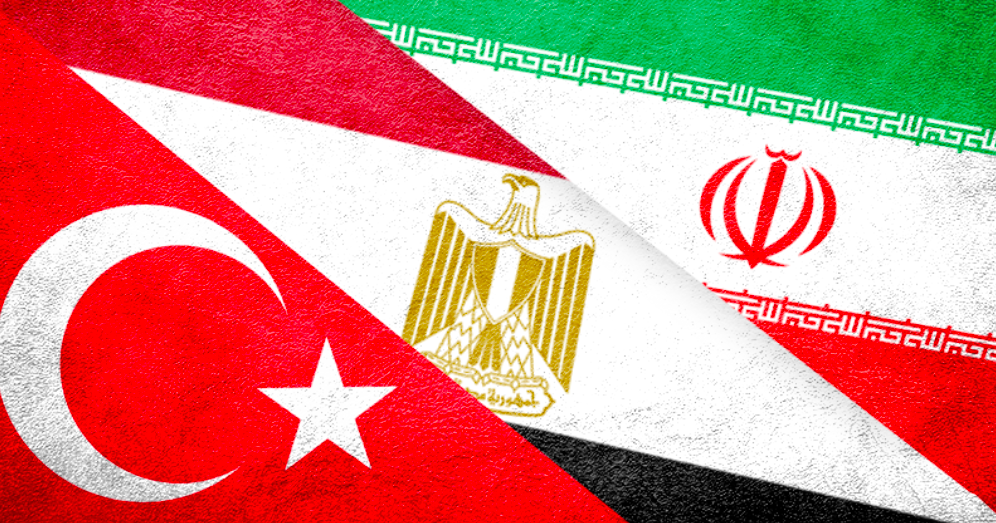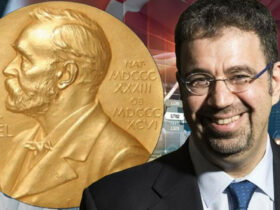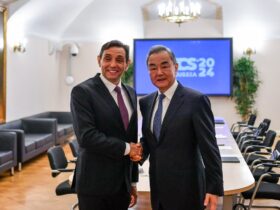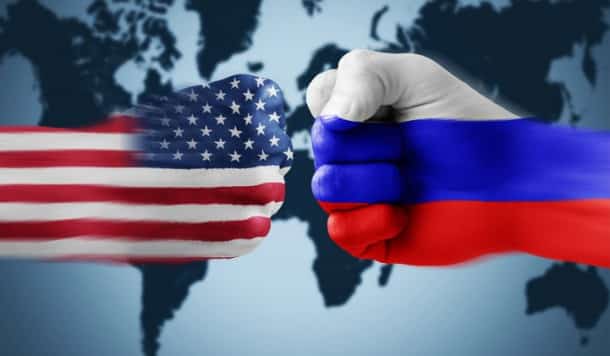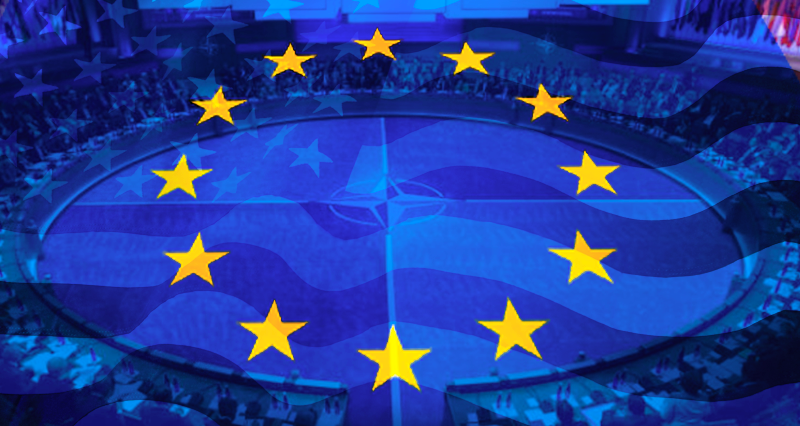UWI author, historian and political scientist Mehmet Perinçek shared his views with Sputnik Türkiye on Türkiye’s application for membership in BRICS. The interview was translated into English by UWI. “Türkiye’s joining in the Eurasian front will drastically change the balance of power in the world” Mehmet Perinçek emphasized that Türkiye’s future should lie in the “geography where rising economies are”. ...
By Onur Sinan Güzaltan UWI author, political scientist Onur Sinan Güzaltan gave an interview to Russia Today France on the Türkiye’s application to join the BRICS. We present the interview translated into English. What is the point for Türkiye to join the BRICS? There are several reasons. Geographically, Türkiye is an Asian country and has strong relations with countries like ...
By Gökalp Erbaş The foreign agent law, as it is known in the public opinion, appears under different names and scopes in the laws of each country where it is in force. Although it came into force in the Russian Federation in 2012 and a similar law was discussed in Ukraine in 2014, it is actually a much older law. ...
By Mohammed Sabreen It has become clear that the successive developments in the Middle East region imposed “urgent needs” on the countries of the Middle East. These were translated into intense consultations between the major countries in the region on the Palestinian issue, and the Gaza war came to highlight a rare moment of harmony between these countries regarding the ...
By Mansoor Faizy* In a dramatic move on August 15, the Taliban took control of Afghanistan for the second time as they stepped into the Presidential Palace in Kabul. The historical palace has remained the center of power and the tug-of-war over it has been going on since the nineteenth century. From Emir Abdur Rehman to the Western-backed Ashraf Ghani, ...
Global security paradigms have shifted dramatically as a result of the Coronavirus pandemic. Politicians, social commentators and thinkers are actively discussing what has now become the greatest threat to humanity, suprassing even terrorism in terms of the global concern it has inspired. Humanity has survived wars and pandemics for ages, albeit sometimes at horrendous costs. However, no matter how bad ...
The European Security and Defense Union groups together several areas and organizations with a common goal. While this is nothing new, in recent years different organizations have become more relevant thanks to various external factors, mainly the decline in US interest in Europe in favor of the Asia-Pacific region. Although the European Union is certainly more advanced in matters of ...
The 56th Munich Security Conference this year convened around the topic of ’Westlesness’. The conference report stressed that ‘the world is getting less and less Western’, while debate between the US and European leaders around the ‘collapsing of the Atlantic Alliance’ took center stage at the conference. At the Munich Security Conference (MSC 2020) this year, 30 heads of states ...







